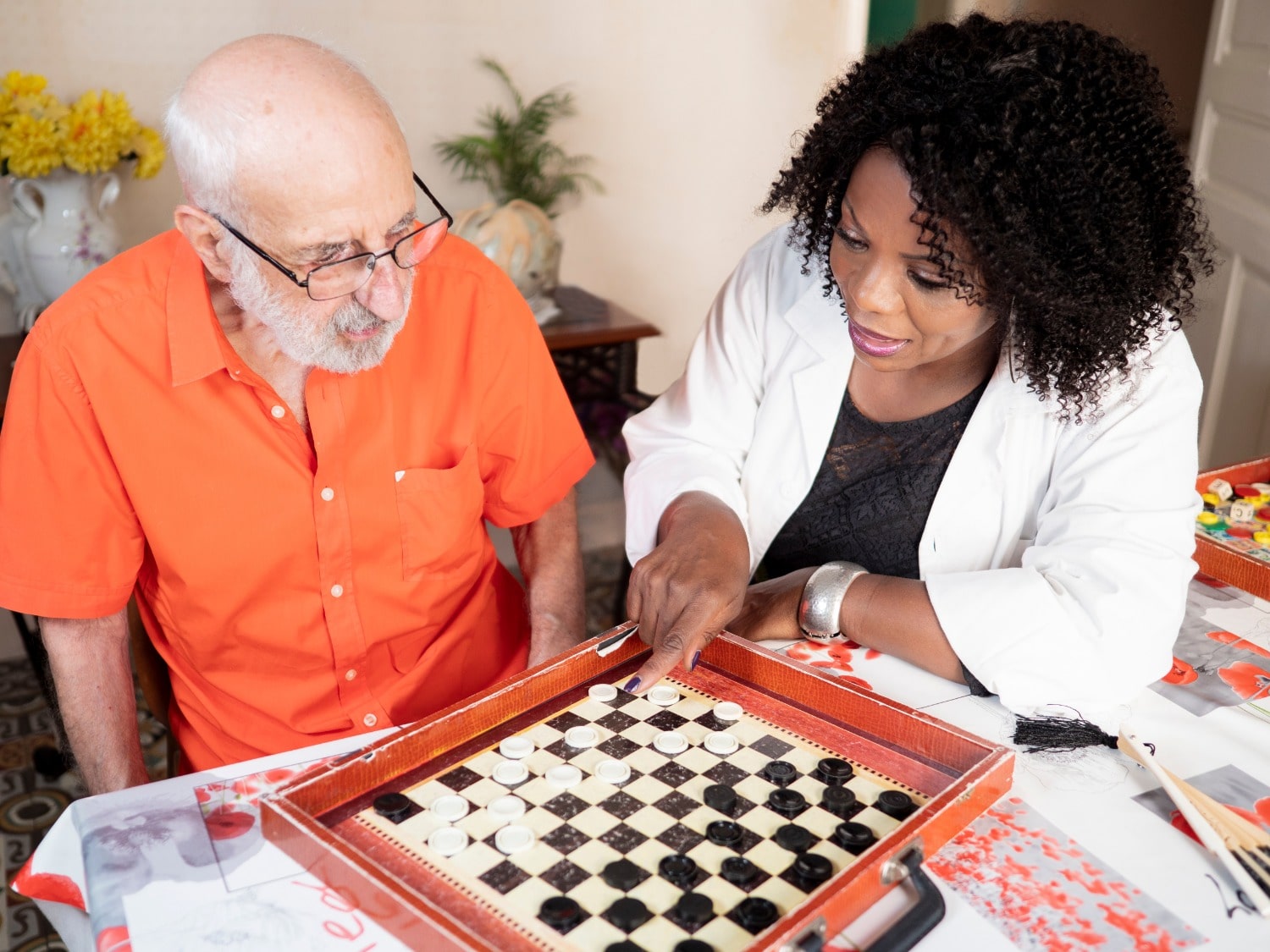Towards better cooperation in healthcare
Cooperation between healthcare professionals, informal carers and clients is a crucial factor in quality of care, but not always easy to achieve. I
Centre of Expertise Governance of Urban Transitions

Cooperation between healthcare professionals, informal carers and clients is a crucial factor in quality of care, but not always easy to achieve. In the project 'Working together for better cooperation' of the Erasmus School of Health Policy & Management, we develop and implement a practical toolkit for supporting health professionals, informal carers and clients in their mutual cooperation. The Urban Ageing research group participates in this research.
In co-creation with the representatives of various target groups, we are looking in this project for an answer to the question: How can the interaction between informal carers, care professionals and clients be improved in a way that does justice to the needs of all concerned? And what can extra and intramural care learn from each other in terms of the transfer of care between the two disciplines?
Toolkit
Based on the research, we are developing a toolkit to support organisations in developing and implementing their informal care policy, both extramural and intramural. The toolkit will then be tested and further developed in a pilot. When the toolkit is ready, it will be shared through vocational education, relevant implementing organisations, advocacy organisations and through publications in scientific and professional journals, as well as on social media.
Objective
The aim of the project is to improve the cooperation between informal carers, healthcare professionals and clients, both intra- and extramural. Better cooperation has a positive effect on the quality of care in terms of the well-being of clients and informal carers, and the job satisfaction of care professionals.
Connection to education
In the Minor Participatory Health Care of THUAS, students work on assignments that contribute to this project.
Duration
The project started in December 2020 and will run for 3 years.
Funding
ZonMw